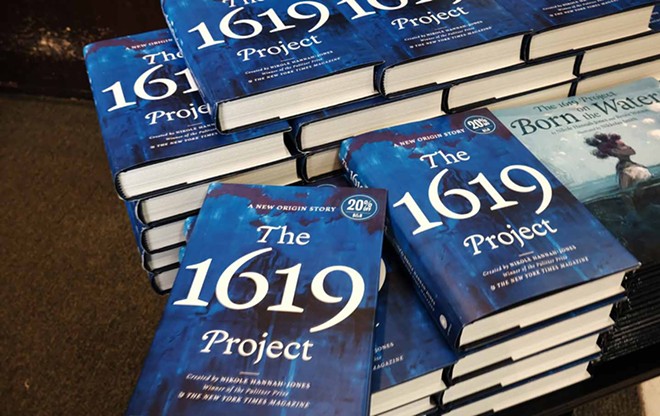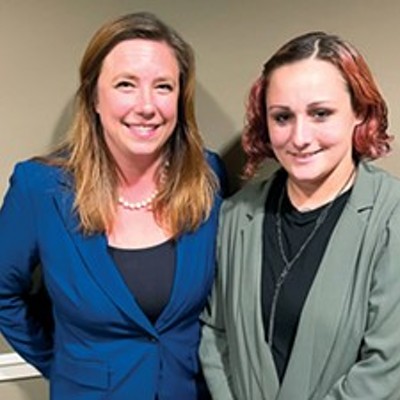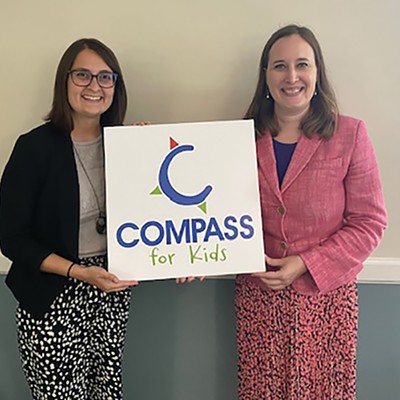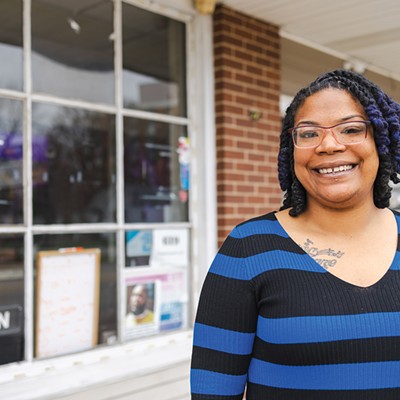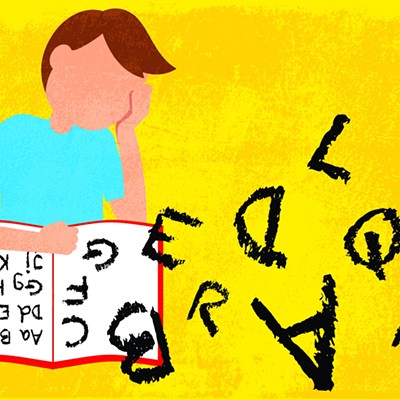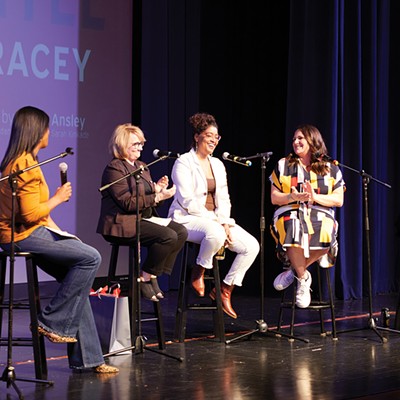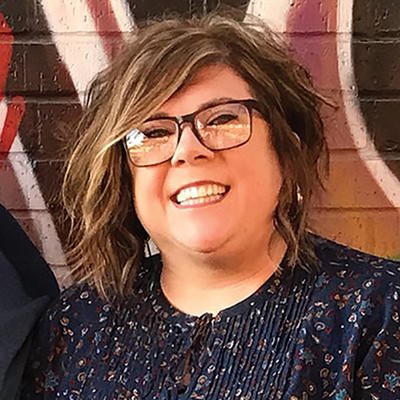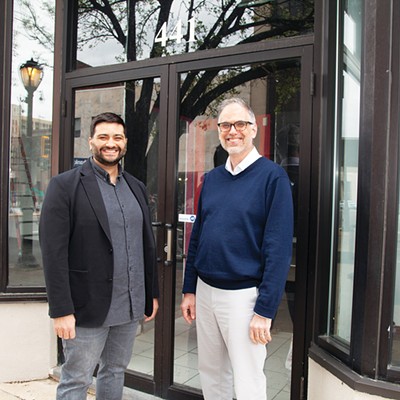As my parents walked down a street in China, a man sidled up next to my mother and asked if they had a Bible.
In accented English, he explained that some Americans brought Bibles to give away in that Communist country. My folks were Illinois hog farmers who over the years visited their counterparts in China, Ukraine, Poland and Denmark to exchange ideas.
When Mom related that story more than 30 years ago, I felt so grateful to live in a nation where the government didn't tell people what they could read.
I'm not sure I live in such a place anymore.
Unfortunately, we live in a society where folks on both the left and right are trying to determine what others can read.
I'm bullheaded enough that when someone tells me not to read something, it's the first thing I add to my reading list.
Years ago, a fellow Protestant mocked me for my curiosity about the Apocrypha, the four books of the Bible recognized by the Catholic Church but not by most Protestant denominations.
My response was to read it. It has helped me understand differences in Catholic and Protestant teachings. It adds greater context to the 400 years before the birth of Jesus, and its prose is beautiful.
Today, race is often the fulcrum on the book-banning debate. I recently interviewed the Republican candidate for governor, Darren Bailey, and he said critical race theory shouldn't be taught in schools, which it currently isn't.
Supporters of teaching critical race theory contend race is a social construct, and that racism is not merely the product of individual bias or prejudice, but also something embedded in legal systems and policies. Conservative critics counter that the foundation of the theory is that the United States is fundamentally racist and that it leads students to feel guilty for past actions by white people.
How about letting the kids read the works and decide for themselves?
Critics of CRT often point to The 1619 Project, a Pulitzer Prize-winning endeavor by the New York Times Magazine looking at the legacy of 400 years of slavery in what is now the United States.
For Christmas last year, my wife gave me a copy of The 1619 Project. It was a fascinating read. Some conclusions in the book I agreed with. Others I didn't. But that's OK. When you read something, it should provoke thought, not adherence.
I also make a point of reading authors I know I will disagree with. Sometimes, I even read material that I know going in I will find revolting.
For example, in 1995, in the wake of the Oklahoma City bombing, I entered a bookstore in Davenport, Iowa, and asked if they had a copy of the Turner Diaries, a racist tome that is said to have inspired the bomber.
The older woman who owned the store narrowed her eyes and snarled, "We don't sell that here. Do you want to bomb something?"
No. But I did want to derive some understanding of what hate motivated the terrorists. When I eventually obtained a copy, I found the ideas it espoused disgusting. But it has given me insight into the warped reasoning behind the white-nationalist movement.
One of my favorite books is To Kill a Mockingbird. When I read the novel as a teenager, I was mesmerized by the tale of a lawyer standing against a racist legal system in the South. I loved the book so much that when we were expecting our second daughter, I wanted to name her Scout after the book's protagonist (My wife nixed the idea).
Today, there is a push to ban the book in schools. Some folks don't like it because it uses a racial epithet in the context of the Southern culture of the time. Others say it's misogynistic because it's about a false rape accusation. Still others don't like that a white man is cast as the hero trying to save a Black man.
All these criticisms would seem to make good fodder for a discussion in a classroom. Instead, wimpy school administrators are banning its use.
So, what am I reading during Banned Books Week? Well, Diary of a Misfit is an excellent nonfiction read. It's about a lesbian journalist returning to rural Louisiana, where she grew up, to create a documentary of a transgender man her grandmother knew in the 1940s.
I'm not done with it, but so far it is a brilliant read.
I'm also reading Every Good Endeavor by Timothy Keller, an evangelical pastor who discusses finding spiritual purpose in our work. I enjoy discussing it with others early on Wednesday mornings.
Reading creates bridges of understanding between disparate groups. In our divided society, what could be a better goal?
Scott Reeder, a staff writer for Illinois Times, can be reached at [email protected].

